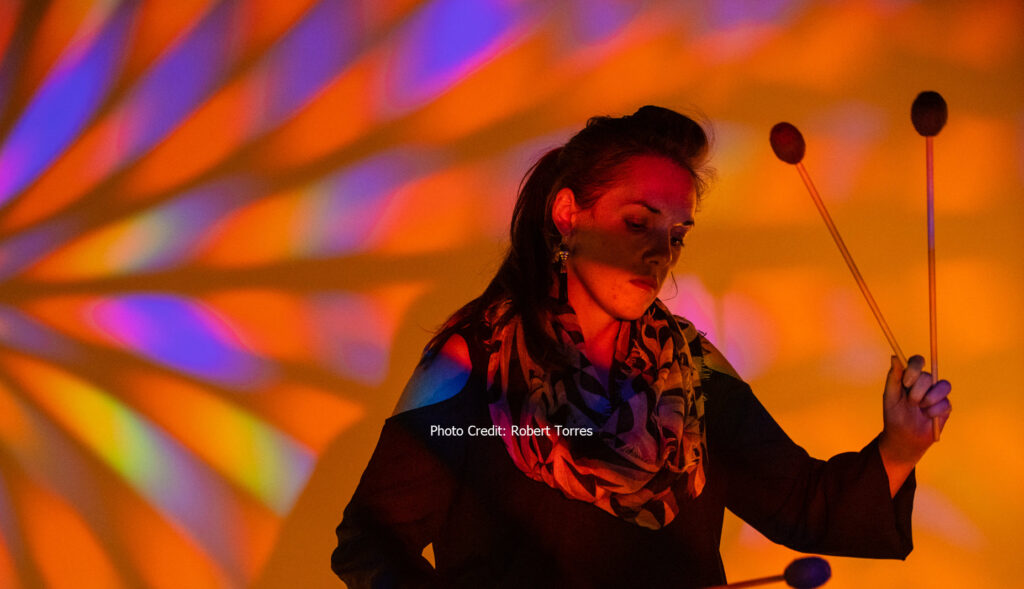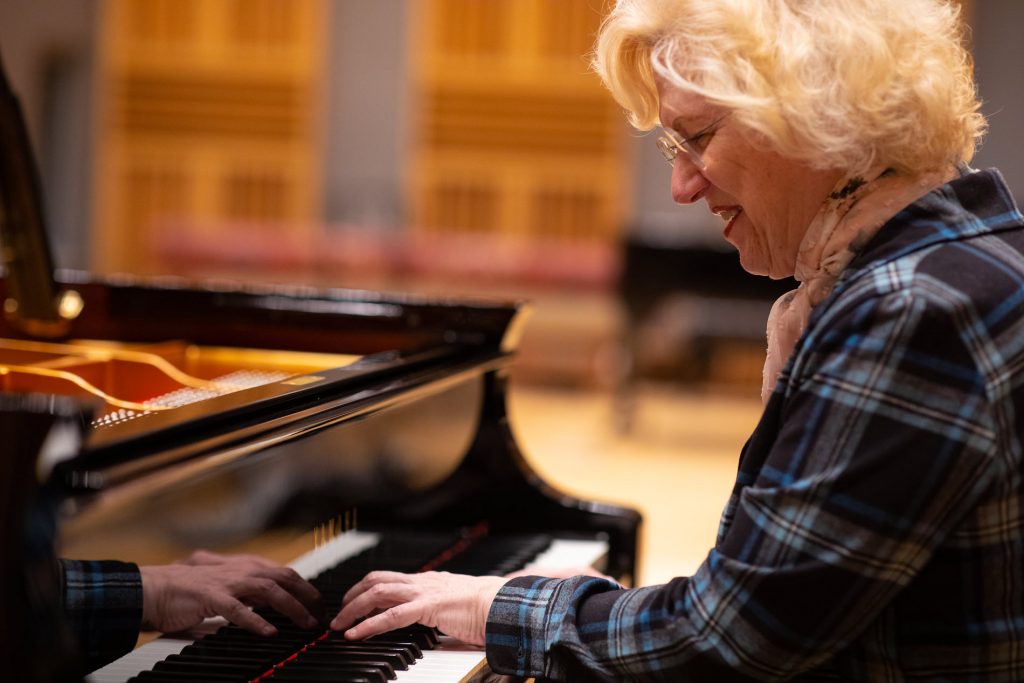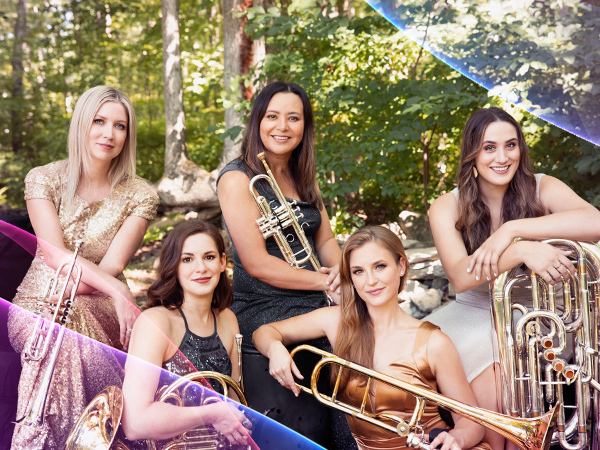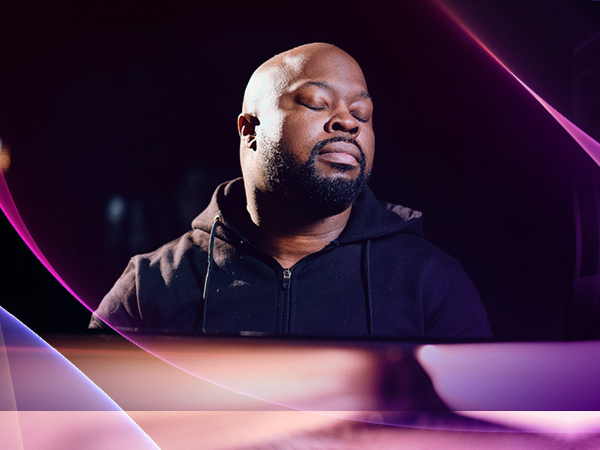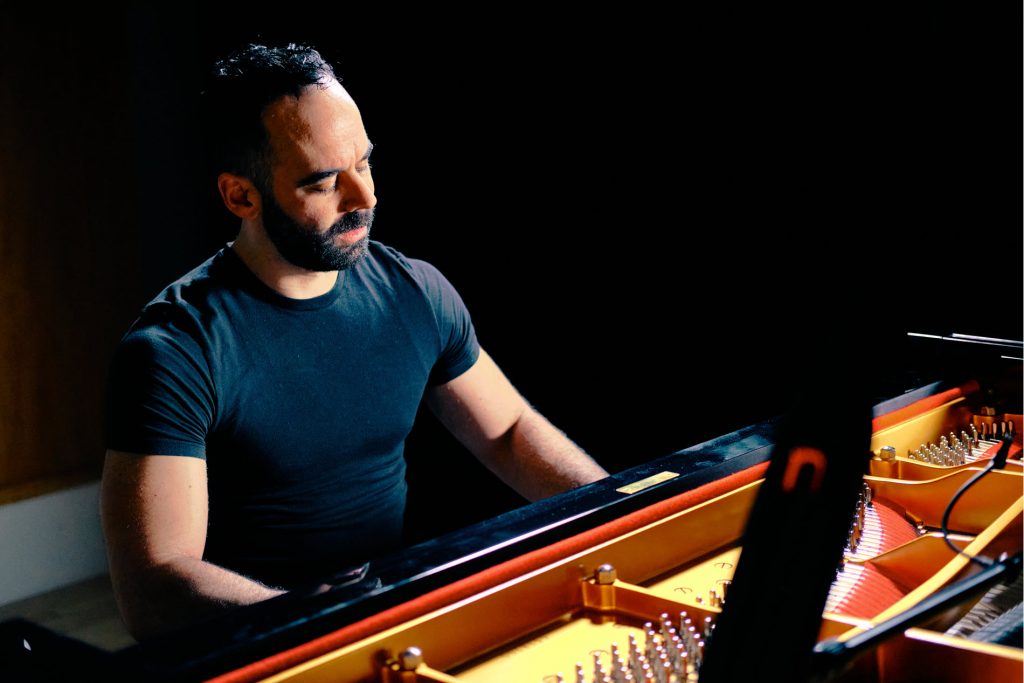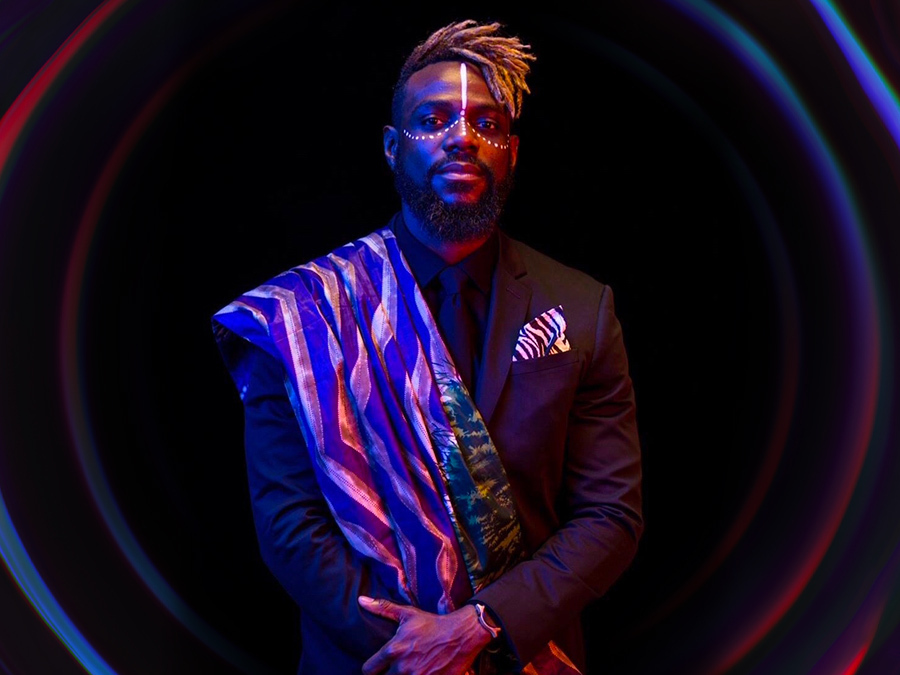Tagged Under:
Pride Month Special: Breaking Barriers
Three Yamaha artists discuss their LGBTQ+ identity and experience.
In honor of Pride Month, I spoke to three inspiring Yamaha artists in the LGBTQ+ community about their unique journeys. From a concert pianist to a flute player to a Southern rock ‘n’ roller, these trailblazers shared how their identities impact their artistry, how they’re redefining their craft and why music has the power to build bridges.
Intersectional Identities
All three artists I spoke with discussed how being musicians and members of the LGBTQ+ community are both innate and deeply connected parts of who they are.
LG, who founded queer Southern rock band Thelma & The Sleaze in 2010, started playing music in her teens and came out as lesbian early on. “I’ve never really not been out, and there’s never been a separation of music and my sexuality,” she says. “They’ve always gone hand-in-hand.”
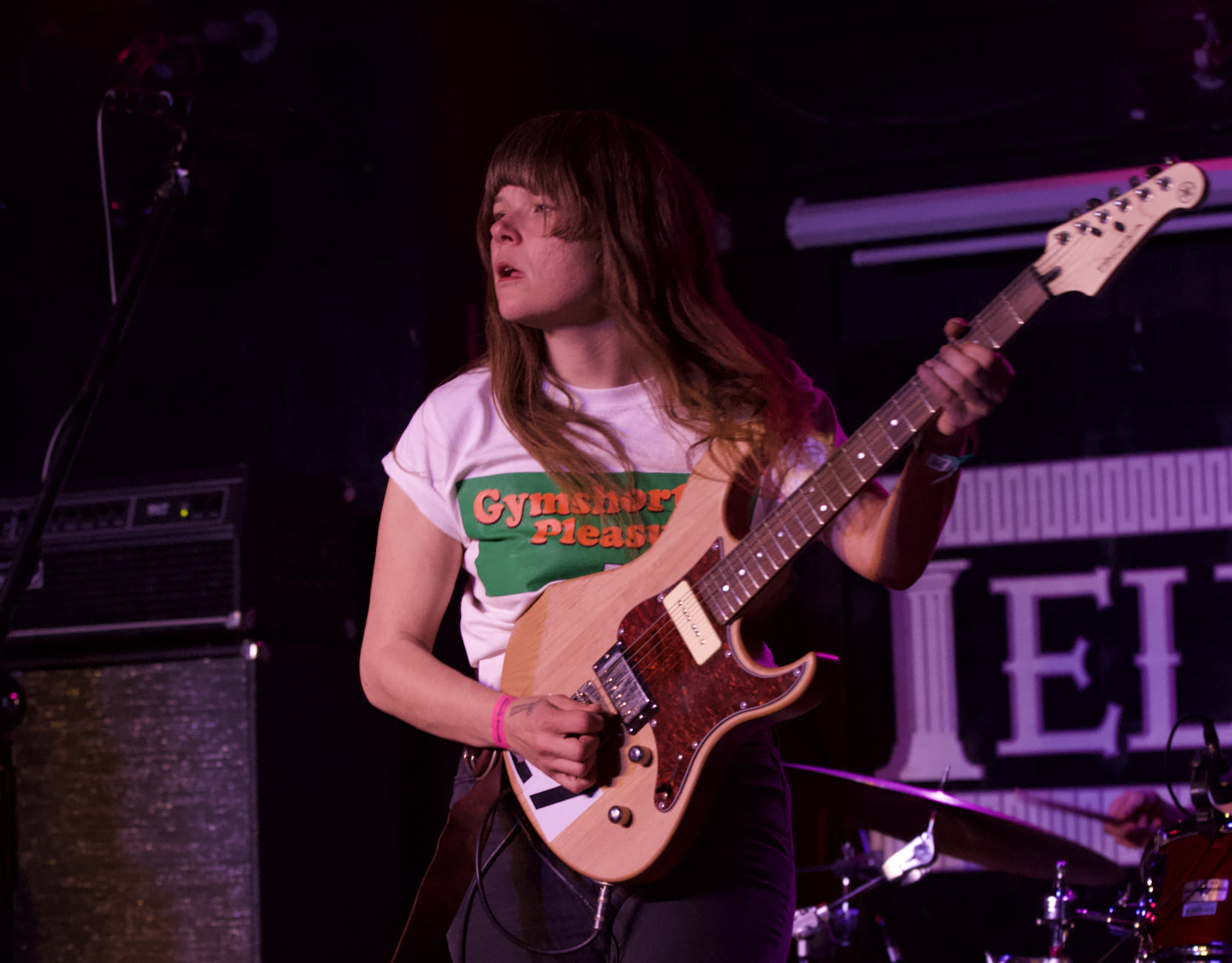
Jeffrey Khaner, long-time principal flutist with the Philadelphia Orchestra and a Juilliard graduate and professor, also discovered an early passion for music. “After I started playing flute in seventh grade, it never really occurred to me to do anything else,” he says.
Khaner also knew he was gay early in life but never felt the need to hide it. Over the years, when fellow college students or colleagues at new jobs cautioned him about being out, he remained true to himself and let his music speak for itself. “It was something I sort of worried about for an instant, then I thought, look, if they’re going to have a problem with it, it’s going to be their problem,” he says. And nobody ever gave him a problem.
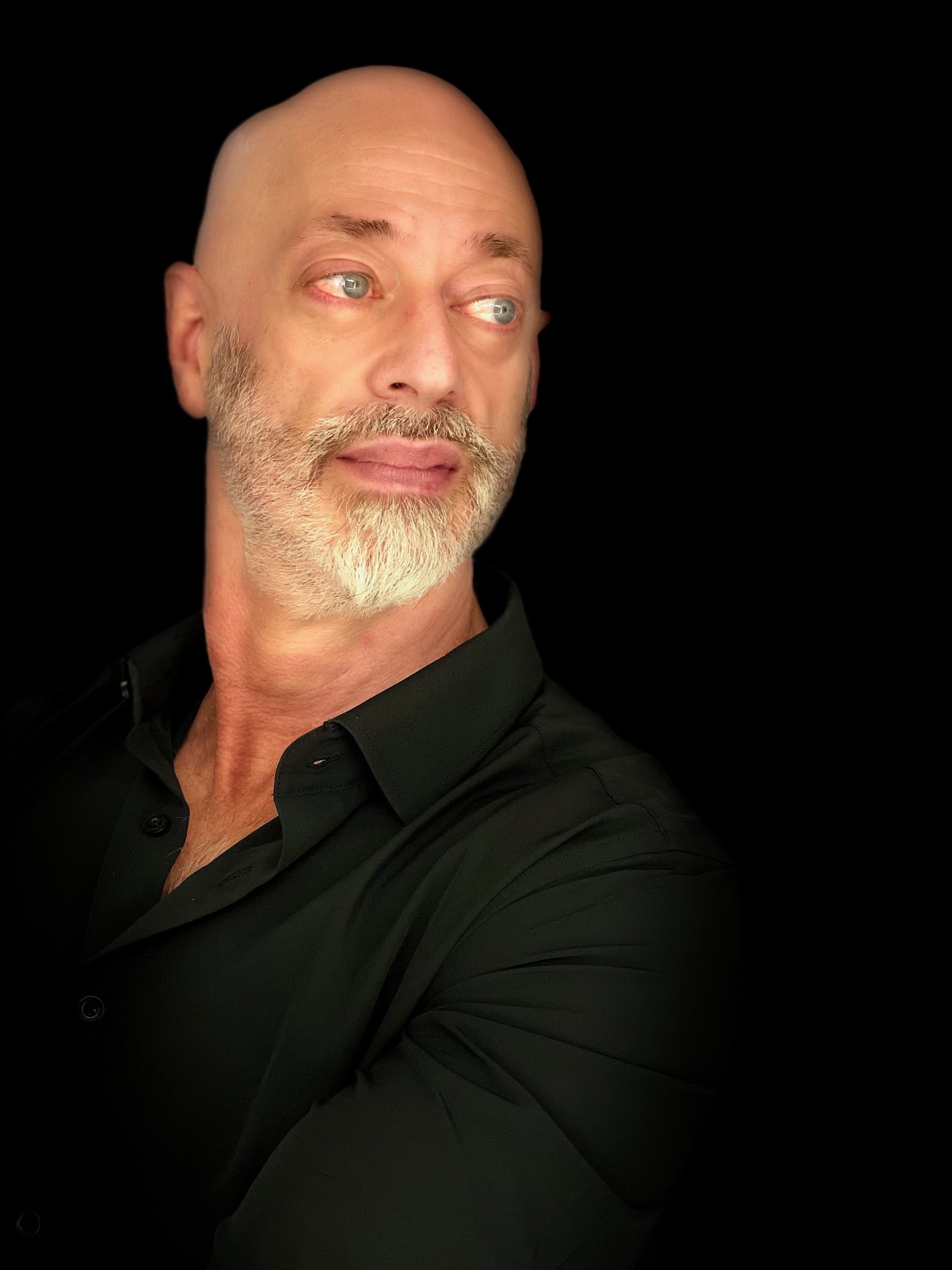
The Life-Saving Power of Music
The experience of coming out due to gender identity can be challenging, as it was for Sara Davis Buechner, an award-winning concert pianist and professor who fell in love with music as a toddler.
Buechner was assigned male at birth and experienced gender dysphoria at a young age, but at the time, with social stigma and scant information on being transgender, coming out seemed impossible. Instead, she used music to soothe her soul and express herself.
In her early teens, she couldn’t put her feelings into words but found solace by attending the symphony. “When I was in the concert halls and heard the music exploding forth, it was my ‘it gets better’ therapy,” Buechner says. “I knew that if I followed the music in me, it would always lead me to something true and honest and beautiful. And it did.” Focusing on her art for her first 35 years supplied Buechner with a steady source of therapy, beauty, culture, and calm.
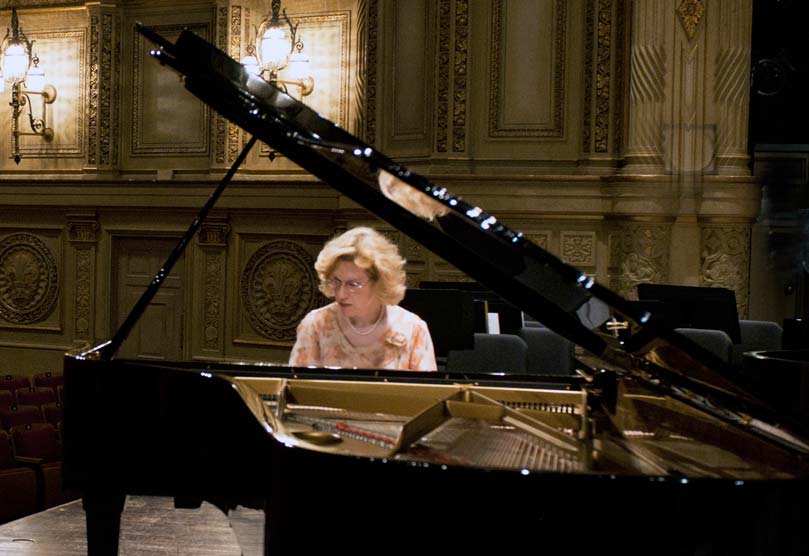
Turning Tides
In her thirties, as Buechner’s career soared, she took a hard look inward. It was the late 1990s, and bolstered by newly available information and community online, she decided it was time for Sara’s debut.
Though Buechner gained a sense of inner harmony, colleagues treated her poorly, and her career fell flat. “I lost professional connections, I was basically fired from my job, conductors who used me a lot stopped answering calls, and chamber music [work] just disappeared since people didn’t want to play with me,” she says. Struggling to make a living, Buechner relocated to Canada, where she wasn’t well known and could make a name for herself on her musical talent alone.
Buechner has recently observed a sea change, as some conductors who previously abandoned her now want to reconnect and work with her again. “I’ve had to swallow my anger and pride a bit,” she says, “but people evolve and change and learn to be better, so I try to focus on the goodness of that.” She also appreciates how, for her younger colleagues and students, being LGBTQ+ is a non-issue; instead, it’s all about the music.
Additionally, with the new cultural focus on diversity, Buechner says the part of her identity that once damaged her career is now an asset — and, she reports, her calendar is the fullest it’s ever been.
Blazing Trails
While LG’s performances sometimes take her places that may not be LGBTQ+-friendly, she refuses to live in fear. “Being in an all-female queer Southern rock band, you need to confidently walk into every room like you own it, or you’ll be blocked at every turn,” she says.
And though being gay is a huge part of LG’s identity, she doesn’t want to be pigeonholed or appeal solely to the LGBTQ+ community. She’ll take a gig nearly anywhere, and she’ll be herself and say what’s on her mind in hopes of using her platform to create change and cultivate acceptance.
LG views performing in even the most unwelcome spaces as a way to effect change and build bridges, despite the fact that she may have to deal with people trying to shoot her down in the process. “I’ve forced myself to be in those spaces, because I know that if I can get into a room with a bunch of people who have had no exposure to radical queer culture, and they say ‘Hey, I love rock ‘n’ roll, I love babes, I love hair, I love amps, I love guitars’ — well then, guess what, jerk, you love queers too!”
Buechner has adopted a similar approach. Instead of avoiding areas that feel unsafe or unfriendly to trans people, she takes the risk and uses it as an opportunity for representation and bridge-building. Even in towns where she thinks it might be an issue, people come up to her after concerts to thank her for her visibility. “It means a lot to them that someone like me makes an appearance, goes on stage, and says, this isn’t an impediment — this is who I am and I’m proud of it.”
Expanding Diversity in Repertoire
Buechner says the current explosion of awareness of social justice issues in America is long overdue, and notes that the classical music business has a history of lacking diversity both in performers and in repertoire.
Her awareness of this began when she was studying at Juilliard and needed to develop sight-reading skills. Buechner visited the school library in search of sheet music and was astounded by how much piano repertoire she was unfamiliar with. She began spending hours daily at the library honing her sight-reading ability and learning music that is rarely heard. Ever since, Buechner has made it a personal mission to include lesser-known music into her concerts, and has noticed other performers starting to do the same.
Khaner has also observed this shift. Not only has the industry been forced to find new ways to make and present music, he says, but it has led to more exploration of music by women and minorities.
“I’ve been introduced to music that I’d never heard of,” Khaner explains. For example, the Philadelphia Orchestra’s music director Yannick Nézet-Séguin (who is also gay) made it a priority to perform and record the symphonies of Florence Price, an early 20th century female Black American composer. “They’re wonderful symphonies,” Khaner says. “I thought, how had I not heard of her or known of these before? How had they not been recorded?”
Leaving a Legacy
As he reflects on his legacy, Khaner has found meaning in mentoring the next generation of flute players. He’s astounded by their confidence and ability to play new, technically demanding flute music that would have been considered unplayable years ago. Whether his students continue with music or not, he aims to leave them with the unique problem-solving skills that one develops from performing music. He also believes the creativity fueled by the events of the past year has opened doors to countless new possibilities for artists.
Khaner has also left his mark by expanding the traditionally limited repertoire for flute players. The best composers typically just wrote for piano and strings, he points out, so he’s transcribed music for flute, has had music written for him and has also premiered a large amount of new music. Khaner’s career hit another high note when he worked with Yamaha to create a custom flute on a scale suited to his orchestra’s pitch, which has since been adopted by other professional flute players.
LG is also proud of breaking cultural barriers and creating more acceptance and understanding in the industry for those who follow. She has a rotating lineup of musicians in her band, and she uses this as an opportunity to mentor young female musicians amidst what she calls ‘the boys club.’
“These girls want to play with me and learn what they aren’t going to learn in music college,” she says. “Not just how to be good at music, but how to be iconic inside your scene.” She confesses that knowing she’s inspiring other women and queer people helps motivate her to keep the band going.
Buechner feels equally inspired by the younger LGBTQ+ artists she’s worked with, such as Jared Miller, a gay former student of hers who’s now a successful composer in Canada, as well as the Brooklyn-based organization ChamberQUEER. While Buechner is blown away by young musicians living authentically so much earlier in life, she makes sure to share her story and the LGBTQ community’s history to help keep progress moving forward rather than in retrograde. “When I’m speaking to young people about being trans and what it was like growing up trans, I try to really communicate to them that their voice matters, their activism matters, their concern matters,” she says. “They need to know if they don’t fight for their rights and for humanity and their equality, we could go backward very easily.”
For more information, visit:










